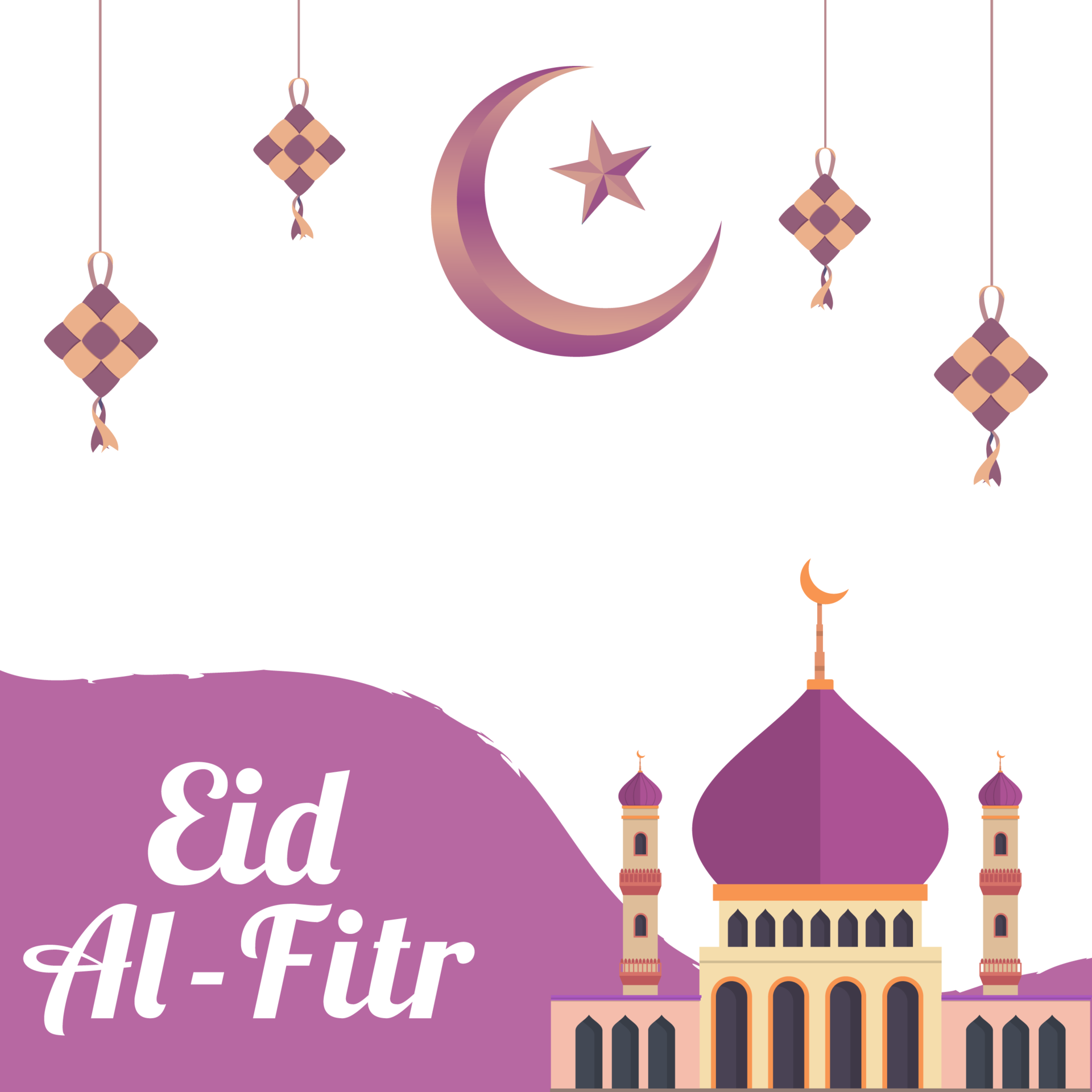The word ‘Id, in Arabic, refers to that which recurs or returns. Technically, I’d al-Fitr refers therefore to the festival which marks the end of the month-long fasting of the month of Ramadan. It is a celebration of the completion of the training in the “school of Ramadan” where Muslims “attended courses” in patience, perseverance, honesty and the consciousness of the Almighty. ‘Id al-Fitr is the occasion on which Muslims are expected to bask in an uncommon happiness particularly for their ability to connect with the Almighty and especially at a time when profanity and bestiality have become fashionable. Rejoice therefore, dear brother, if you succeeded in re-establishing your links with your creator. Celebrate, dear sister, if Ramadan worked for you and imbued you with the spiritual weapons without which life on this earth would be an extension of hell.
However, it is important for us to note that our “graduation” from Ramadan is like our arrival to a station which is, in itself, the beginning of another journey. In other words, the whole essence of life and living for the conscious Muslim is all about arrival and departure; we arrive from a religious duty in order to depart for another one. The onset of the Id al-Fitr, like it is for Id al-Adha, implies the undertaking of a series of religious duties. Muslim festivals are therefore not ends in themselves but means to a more hallowed spiritual-social ends. Each time Muslims prostrate in obedience to the Almighty, they are expected to rise in order that they might rescue humanity from the multiplexity of maladies confronting the latter.
Thus, ahead of the ‘Id al-fitr, prepare to observe the Sunnah of the Prophet Muhammad. Plan to wake up very early in the morning; observe the tahajud (do not let this virtue slip away from your schedules after Ramadan), and in keeping with the Sunnah, take a bath before Fajr prayers and put on new clothes (or the best available). It is a sunnah for men to use perfume not only on Id days but always. It is not allowed for Muslims to fast on this day. Take a light breakfast before setting out to the praying ground.
Again, do not forget that it is in the tradition of the Prophet that we give out Sadaqat-ul-fitr preferably before the id prayers are observed. It is usually paid for and on behalf of all Muslims in a household, the young and the old. It may be paid in kind and this may feature three to four seers of wheat, barley, rice or any staple food. (Sahih Bukhari 24:70). Recently, Muslims scholars have addressed the necessity of monetising this act of worship based on existential necessities. In the University of Ibadan central mosque, for example, the Imam usually announces a certain amount of money to be paid by individuals in lieu of giving sadaqat al-Fitr out in kind. This falls under the legal rubric- maslahat al-Ammah- the promotion of public convenience. Whether it is given out in cash or in kind, the more important issue is the intention behind the act. Our intention should be the extension of the happiness of the occasion to our brethren who are experiencing adversity. We should desire for our brothers and sisters the same quality of life the like of which the Almighty has been kind to grant unto us.
But how shall we go about doing this duty? It is better we give out our Sadaqat al-Fitr to our imams who would and should, following Quran 9 verse 60, distribute same among the eight categories of people who qualify to receive Zakat. Brethren, our acts of generosity stand better acceptance when they are given incognito; when we give, like Ali ibn Abi Talib, in expectation of no appreciation. We should cultivate the habit of giving, in line with the Prophet’s advice, in such a way that our left hand would not know what our right-hand has handed out.
‘Id prayer is performed in congregation in open areas like fields, community centers, etc. or at mosques. There is usually no Adhan (Call to Prayer) or Iqamah (call) for the prayers because they are nawafil – supererogatory prayers. It consists of only two rakaʿāt (units of prayer) with an additional six Takbirs. The ‘Id prayer is usually followed by the khutbah (sermon) – this order may be reversed based on necessity- and then a supplication (dua) asking for The Almighty’s forgiveness, mercy, peace and blessings for all living beings across the world.
Brethren, as we celebrate the end of this years’ Ramadan, it is important that we constantly keep the virtues that the month has come to inculcate in us under focus. Have more empathy for the poor. Let us sustain the acts of worship which we engaged in during the month. Steadfastness, patience and perseverance should remain our watchwords. Ramadan came to call our attention to the power of the spiritual realm; it came to take us away from concern for the ephemeral for that which is eternal. Ramadan came to teach us that our salvation here on earth and in the hereafter lies in how steady we are in focusing on The Almighty, how grateful we are for His blessings, and how patient shall we continue to be when, as is occasionally the case, the tide of time becomes turbulent and troublesome.
May the Almighty grant you and me the favour and privilege of witnessing many more of this glorious month in life. Aamin.

 Join Daily Trust WhatsApp Community For Quick Access To News and Happenings Around You.
Join Daily Trust WhatsApp Community For Quick Access To News and Happenings Around You.


